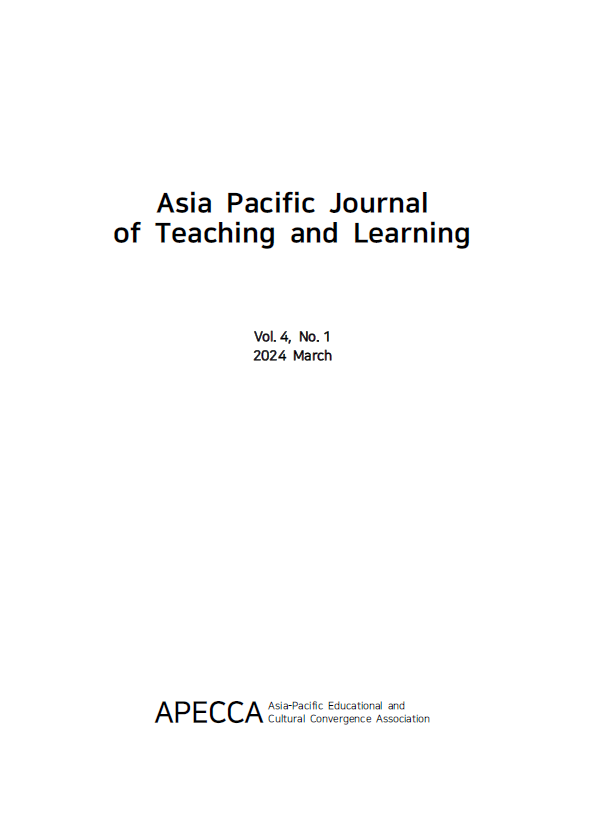A Study on the Discourse of Citizenship in Korean Social Studies and Citizenship Education: The Differentiation of Citizenship and the 'Complex Citizenship'
- 아시아태평양교육문화융복합학회
- Asia Pacific Journal of Teaching and Learning
- 제4권 제1호
-
2024.0339 - 60 (22 pages)
- 56

Purpose - This study aims to explore how discussions related to citizenship have evolved in the realm of social studies citizenship education in Korea. Method - Based on the perspective of citizenship education within social studies, this study utilized a literature review approach to examine how discourse on citizenship has evolved, focusing on "Social Studies Education" and "Theory and Research in Citizenship Education", two prominent academic journals in the field of social studies education in Korea. Results - Like citizenship education worldwide, in Korean social studies education, citizenship evolves in response to changes in society and the times, sometimes shifting its focus or emphasis and giving rise to citizenship that focuses on new areas. Consequently, in terms of the content of citizenship, it becomes dynamic and fluid. Moreover, when viewed from the dimension of individual identity, citizenship is multidimensional and layered. This can be seen as the emergence of 'complex citizenship'. Complex citizenship encompasses multiple dimensions depending on the scope and sense of belonging of the community to which one belongs and one's identity. Furthermore, it also encompasses various dimensions depending on what the citizenship of the time seeks to emphasize. Conclusion - In Korean social studies and citizenship education, multiple dimensions of complex citizenship are observed to compete with each other. Over the years, citizenship education in social studies has endeavored to overcome binary thinking and find possibilities for coexistence amidst tensions and competitive dynamics among citizenship concepts, emphasizing their complementary nature. In the current landscape, marked by the expansion of alternative citizenship discourses and the increasing diversification of citizenship content, it is imperative for citizenship education in social studies to continue dialectical efforts. These efforts aim to ensure that the citizenship held by individuals does not become fragmented but rather achieves identity integration.
I. Introduction: Citizens, Citizenship, and Citizenship Education
II. Exploring Political Citizenship: Liberal Citizenship vs. Republican Citizenship
III. Exploring the Emergence of Global Citizenship, Multiple Citizenship, and Multicultural Citizenship
IV. The Expansion of Alternative Citizenship Discourses and the D iversification o f Citiz enship: Digital Citizenship and Ecological Citizenship
V. Complex Citizenship: Amidst the Tension between Competition and Integration
(0)
(0)